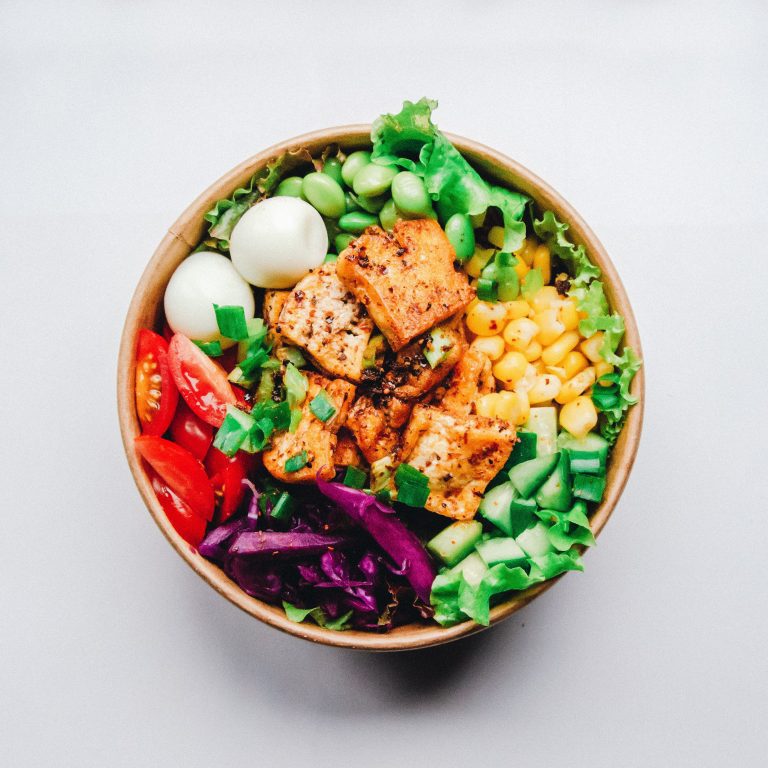Introduction to Junk Food
Welcome to our blog post on the notorious culprit lurking in pantries and drive-thrus around the world – junk food! We’re about to delve into a topic that affects us all: the impact of those tempting, yet oh-so-unhealthy, snacks on our health. So grab a seat and prepare to uncover why your favorite guilty pleasures may be doing more harm than you realize. But fear not, because we’ve also got some valuable tips and alternatives that will help you take control of your health and nutrition choices. It’s time to break free from the grip of junk food and embark on a journey towards a healthier lifestyle! Let’s get started!
The Impact of Junk Food on Health
Junk food has become a staple in many people’s diets, but its impact on health cannot be ignored. Consuming excessive amounts of junk food can lead to a multitude of health problems.
One major issue with junk food is its high level of unhealthy fats and added sugars. These ingredients contribute to weight gain and increase the risk of developing conditions such as diabetes and heart disease.
Additionally, junk food lacks essential nutrients that our bodies need to function properly. Instead, it contains empty calories that provide little nutritional value. This can lead to deficiencies in important vitamins and minerals.
Furthermore, regularly consuming junk food can negatively affect mental health. Studies have shown that a diet high in processed foods can increase the risk of depression and anxiety.
The addictive nature of many junk foods also poses a problem for our overall well-being. The combination of sugar, salt, and unhealthy fats found in these foods triggers pleasure centers in the brain, leading to cravings and overeating.
It’s important to recognize the impact that junk food can have on our health. By making conscious choices to limit consumption and opt for healthier alternatives instead, we can take control of our well-being and improve our overall quality of life.

Tips for Reducing Junk Food Consumption
1. Plan your meals and snacks: One effective way to reduce your junk food intake is by planning your meals and snacks in advance. This allows you to make healthier choices and avoid giving in to cravings when hunger strikes.
2. Stock up on healthy alternatives: Instead of filling your pantry with chips, cookies, and sugary beverages, opt for healthier options like fruits, vegetables, nuts, and whole grain snacks. Having these nutritious alternatives readily available will make it easier for you to resist the temptation of reaching for junk food.
3. Practice mindful eating: Take the time to savor each bite when you do indulge in a treat. By eating slowly and being aware of how different foods make you feel, you’ll be able to better recognize when enough is enough.
4. Find alternative ways to cope with stress or emotions: Many people turn to junk food as a means of comfort or stress relief. However, there are plenty of other activities that can provide similar benefits without compromising your health – such as exercise, meditation, or engaging in hobbies that bring you joy.
5. Get support from friends and family: Surround yourself with a supportive network who understands your goals and encourages healthy habits. Share healthy recipes or plan active outings together so that making positive choices becomes more enjoyable.
Remember that reducing junk food consumption is about creating sustainable lifestyle changes rather than depriving yourself completely.[…]
Alternatives to Junk Food for a Healthy Diet
When it comes to maintaining a healthy diet, finding alternatives to junk food is key. While indulging in the occasional treat is fine, relying on processed snacks and sugary treats can have detrimental effects on our overall health. Thankfully, there are plenty of delicious and nutritious options available that can satisfy our cravings without compromising our well-being.
One great alternative to junk food is opting for whole fruits. Not only are they naturally sweet and packed with vitamins and minerals, but they also provide fiber which helps keep us feeling full longer. Whether it’s a juicy apple, a refreshing watermelon slice or some tangy berries, incorporating more fresh fruits into your daily routine can make a world of difference.
Another healthy substitute for traditional junk food is homemade snacks. Instead of reaching for pre-packaged chips or cookies, try making your own versions at home using wholesome ingredients. Baking crispy kale chips seasoned with spices or whipping up some energy balls made with dates and nuts are just a couple examples of how you can enjoy tasty snacks while still nourishing your body.
For those craving something savory, consider swapping out greasy fast-food meals with homemade alternatives like grilled chicken breast served with steamed vegetables or a hearty salad loaded with colorful veggies and lean protein sources such as chickpeas or tofu. These satisfying meals not only provide essential nutrients but also help keep you feeling energized throughout the day.
In addition to these options, there are countless recipe resources available online that offer healthier versions of popular comfort foods like pizza or burgers. By getting creative in the kitchen and experimenting with different ingredients and cooking methods, you’ll discover that eating well doesn’t mean sacrificing flavor or enjoyment.
Remember that making small changes over time can lead to long-term success in adopting a healthier lifestyle. So next time you find yourself reaching for that bag of chips or candy bar, pause for a moment and consider choosing one of these fantastic alternatives instead – your body will thank you!
Conclusion: Taking Control of Your Health and Nutrition Choices
Taking control of your health and nutrition choices is essential for leading a healthy life. While it can be challenging to resist the allure of junk food, understanding its impact on your health is the first step towards making healthier choices.
By consuming excessive amounts of junk food, you expose yourself to various health risks such as obesity, heart disease, diabetes, and other chronic conditions. The high levels of sugar, unhealthy fats, and additives present in these foods can wreak havoc on your body in the long run.
To reduce your consumption of junk food, start by being mindful of what you eat. Plan your meals ahead and opt for fresh fruits, vegetables, whole grains, lean proteins instead. If you have a craving for something sweet or salty, try healthier alternatives like homemade popcorn or fruit salads.
It’s also important to read labels carefully when grocery shopping. Look out for hidden sugars and unhealthy ingredients that may be lurking in seemingly innocent packaged foods.
Incorporating regular exercise into your routine not only helps burn calories but also promotes overall well-being. Engaging in physical activities can boost metabolism and keep cravings at bay.
Remember that moderation is key – indulging in a treat occasionally won’t completely derail your efforts towards a healthy lifestyle. It’s all about finding balance and making conscious decisions about what you put into your body.
Taking control of our health means taking responsibility for our actions and prioritizing self-care. By choosing nutritious options over processed junk food regularly while still allowing ourselves occasional treats without guilt or restriction – we are empowering ourselves with knowledge about how food affects us physically as well as mentally/emotionally!
So let’s make an effort to consciously choose foods that nourish our bodies rather than harm them. Let’s take control today!

